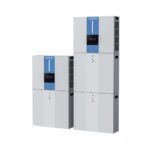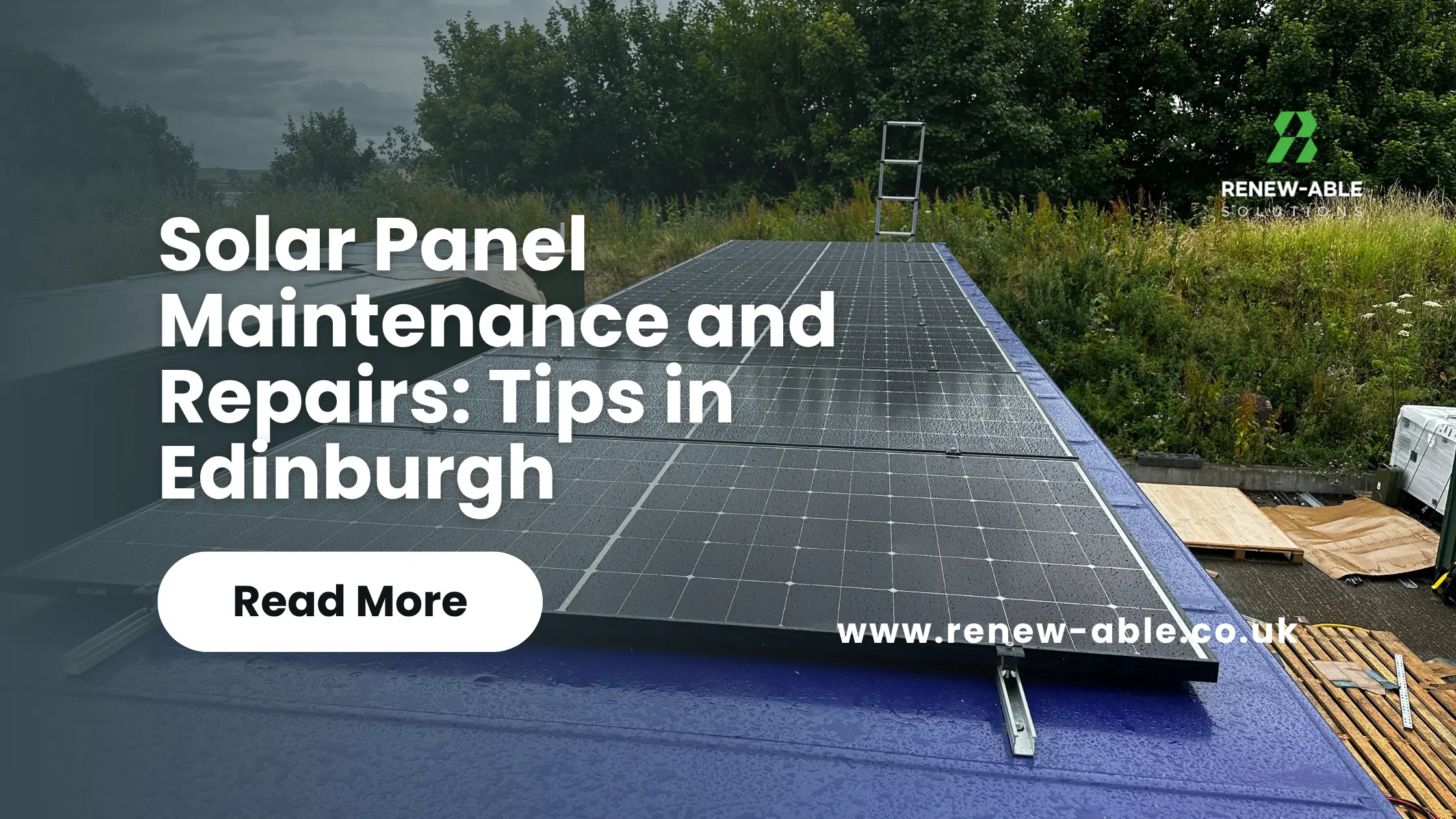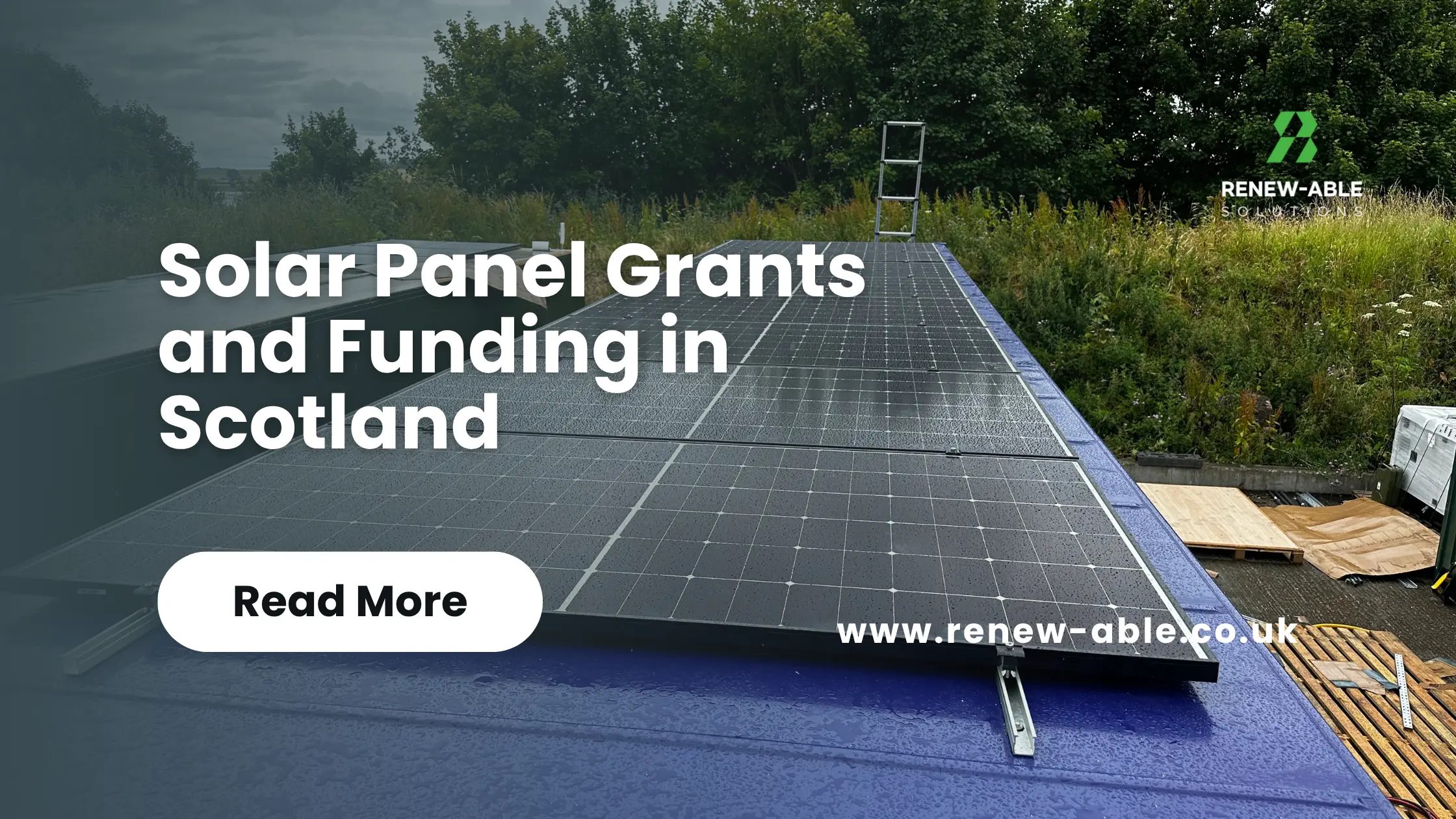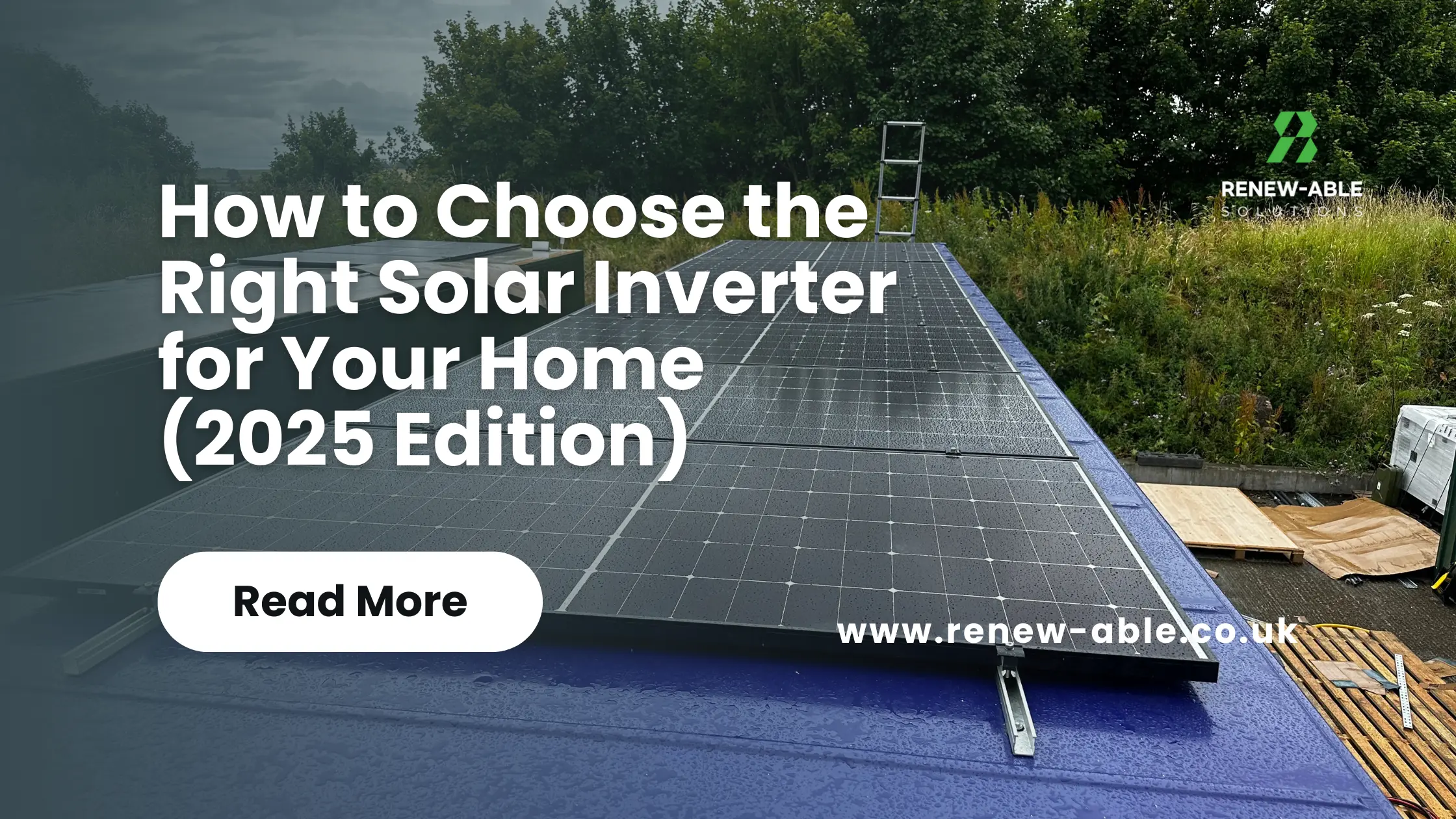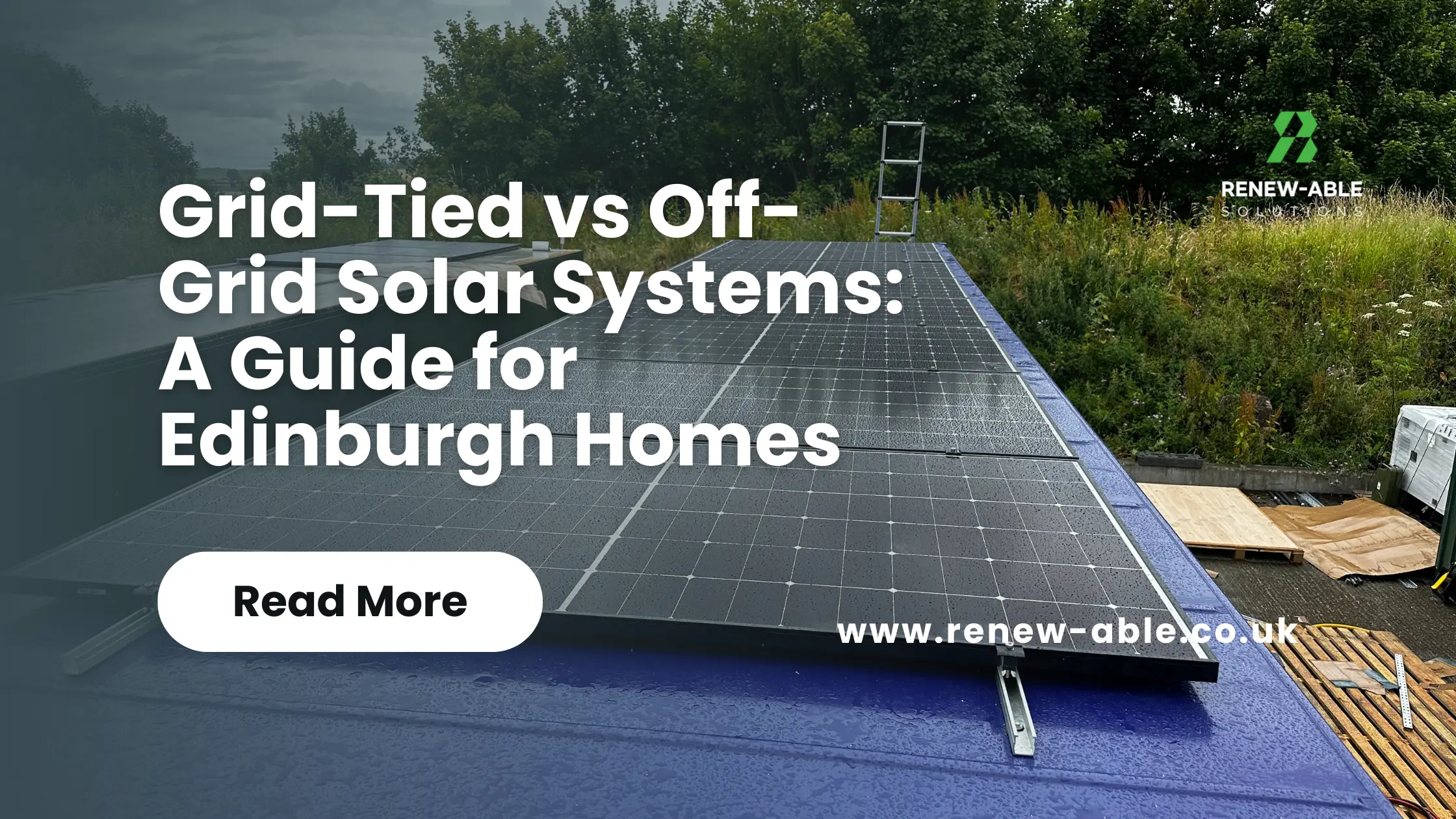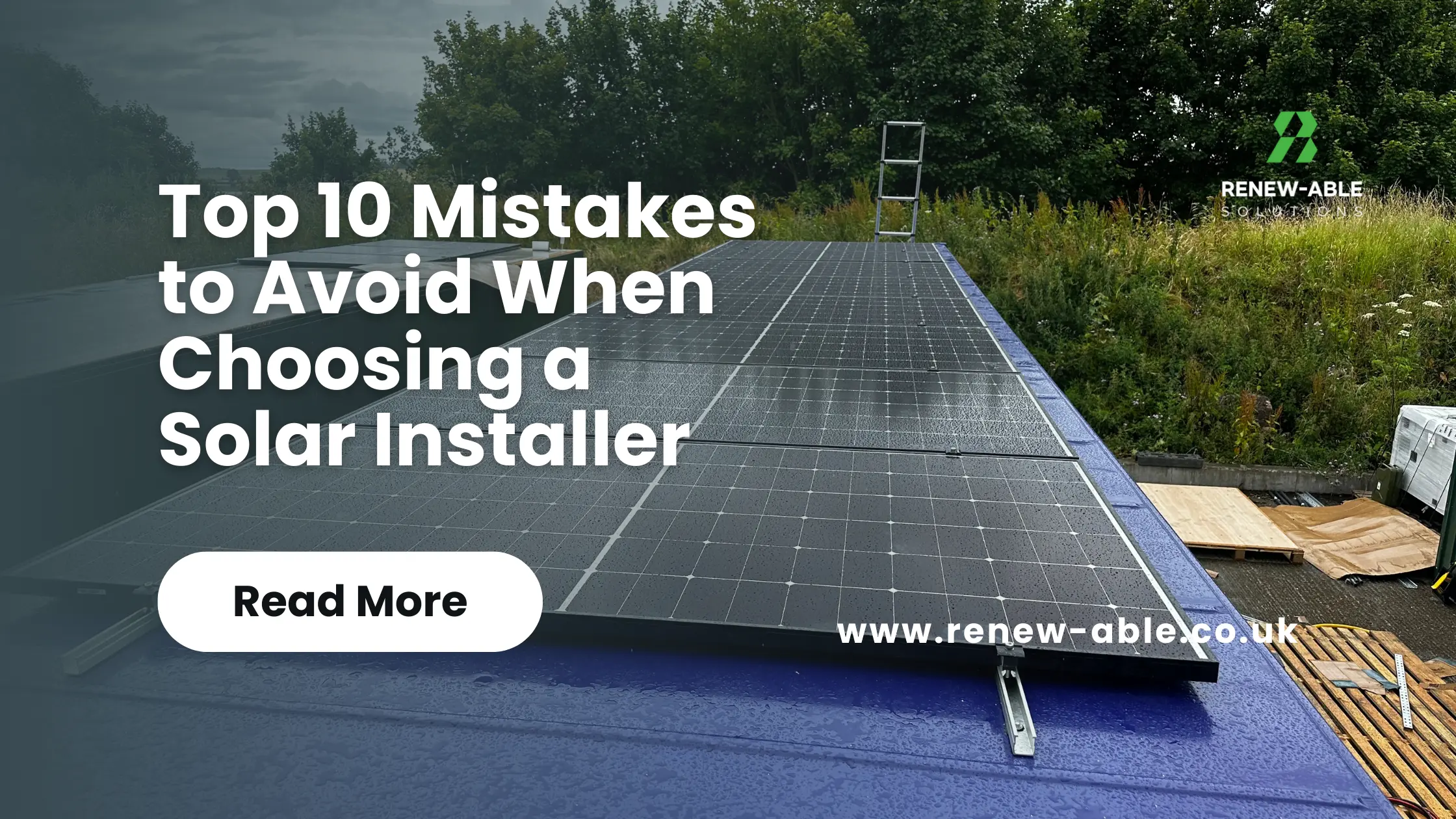WHAT IS AC OR DC COUPLING?
Solar batteries are becoming a popular addition to Solar PV systems, due to their long list of benefits. Including allowing you to power your home at night, and make further savings.
PublishOur top rated EV Chargers in 2022
AC Coupled solar batteries are a popular choice for Solar PV systems. They offer several advantages, such as the ability to power your home at night and generate additional savings. If you’re considering adding solar batteries to your system, it’s important to understand the difference between AC and DC coupling. AC coupling allows for seamless integration with your existing AC infrastructure.
AC Coupled solar batteries are a preferred option for Solar PV systems as they provide various benefits, including powering your home during the night and enabling additional cost savings. When considering the addition of solar batteries to your system, it is crucial to comprehend the distinction between AC and DC coupling. AC coupling facilitates seamless integration with your current AC infrastructure.
Historically, AC-coupled battery storage systems have been more common for residential and commercial solar installations. But as more DC options become available, DC coupling is gaining in popularity. Both AC and DC coupling have advantages and drawbacks. With the many varieties of battery storage systems now available, the blog will explore the pros and cons of each
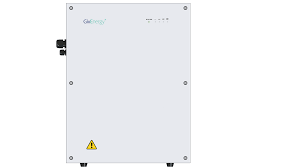
AC or DC? AC COUPLED SOLAR BATTERIES
In an AC-coupled system, DC electricity flows from your solar panels to an inverter. An inverter, transforms the electricity into AC electricity ready to power your home. However, if this energy isn’t needed, it then goes into another inverter that transforms it back into DC in order to store it into your solar battery. When this energy is in demand, it is then inverted again through an AC-to-DC power unit. This is so it is safe to use within our home appliances.
To conclude, with an AC-coupled system, any electricity stored in a battery system will need to be inverted a total of three times before use.
AC coupled batteries or simply ‘AC batteries’, are a relatively new evolution within the world of grid connected home storage. AC batteries consist of a lithium battery module, a battery management system (BMS) and inverter/charger all in one compact, simple unit. This makes them easy to install in most homes, especially when it comes down to upgrading battery storage systems. The most well known AC battery is the Tesla Powerwall 2.
Nonetheless, this doesn’t limit your selection of solar battery options. You can create an AC battery system by “retrofitting” an AC coupled battery inverter together with a common DC battery. For example our best seller the 6.5kWh Growatt Battery, can be retro fitted with a Growatt SPA3000TL Controller Duo.
AC or DC? THE ADVANTAGES OF AN AC COUPLED BATTERY SYSTEM
- Retrofitting. AC coupled batteries are easy to retrofit. They can be simply added to any home’s existing solar panel installation, and allow for gradual expansion.
- Reliability. Within an AC coupled system, battery faults won’t have a direct impact on your Solar PV generation, and vice versa. Yet, because there are more inverters you gain more combined power.
- Flexibility. AC systems can be more optimal, as you are not restricted by where you can put your inverters and batteries. While inverters are better installed in cooler temperatures, batteries are optimal at around 20°C .
- Versatile Charging. An additional benefit of AC-coupled systems is that they allow for the batteries to charge from both the solar panels and the grid. This means if your solar panel system isn’t generating enough electricity, you can still rely on the grid for power.
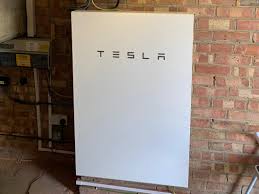
THE DISADVANTAGES OF AN AC COUPLED BATTERY SYSTEM
- Affordability. Requires separate inverters for your battery and panels. AC systems are more expensive than DC systems, according to the Energy Saving Trust.
- Efficiency. As the stored solar energy inverts on three separate occasions (DC – AC – DC) , AC-couple systems are less efficient.
- Power Supply. Some AC batteries cannot function as a back-up supply of energy. This is because AC batteries are not designed for off-grid installations, but more for grid-connected homes. As the inverters are transformerless, they are not powerful enough to handle the surge loads of multiple appliances.
AC or DC? DC COUPLED SOLAR BATTERIES
A DC system connects directly to your Solar Panels before your generation meter. In a DC-coupled system, Direct Current flows from your solar panels to a charge controller that feeds into your battery system. This means that any electricity generated by your solar panels, will be only inverted once from DC to AC. Either at the point where the current flows from your battery to your home, or from your battery to the National Grid.
THE ADVANTAGES OF A DC COUPLED BATTERY SYSTEM
- Affordability. As the battery and panels share the same inverter, a DC-coupled system is likely to be more affordable due to a reduced hardware cost.
- Efficient. As the current is only inverted once, DC coupled systems are up to 3% more efficient than AC battery systems. Making your entire PV system more economical.
- More Power. A DC coupled battery system allows for oversizing. Oversizing occurs when the amount of solar energy produced is greater than the system’s inverter rating. As a result, you can add more solar panels to your roof to harvest more power, using the same inverter. By oversizing a PV system, the excess solar power can be re-directed to charge a home battery, an EV charger or even a water heating system. With an AC-coupled system, some of this additional “oversized” energy is simply lost.
THE DISADVANTAGES OF A DC COUPLED BATTERY SYSTEM
- Initial Costs. According to the Energy Saving Trust, DC systems are unable to charge from the grid.
- Less Flexible. When fitting a DC battery system, there is less flexibility, as the batteries have to be in close proximity to the inverter.
AC or DC? HOW MUCH DOES IT COST TO INSTALL A SOLAR BATTERY?
Regardless of whether you choose an AC or DC coupled system, installing a battery storage system can increase your home’s use of green energy. If you already have a solar panel system installed on your property, and are looking to add battery storage as a retrofit, Renew-Able Solutions will always install an AC-coupled system. This is because you’ll already have a solar inverter system installed with your PV panels functioning perfectly
AC or DC? On the other hand, if you’re installing a solar panel system and battery at the same time, a DC-coupled system may be the better solution. Due to the higher efficiency. Here at Renew-Able Solutions, we install all of our Solar PV Systems as Hybrid DC to AC Systems. This is because hybrid systems, or grid-tied DC coupled solar battery systems, have less failure points. They also require less wiring and less liability on the national grid.
If you are looking to install a solar PV system for your home or business, or to upgrade your current storage solution, get in touch. Our green team here at Renew-Able Solutions

